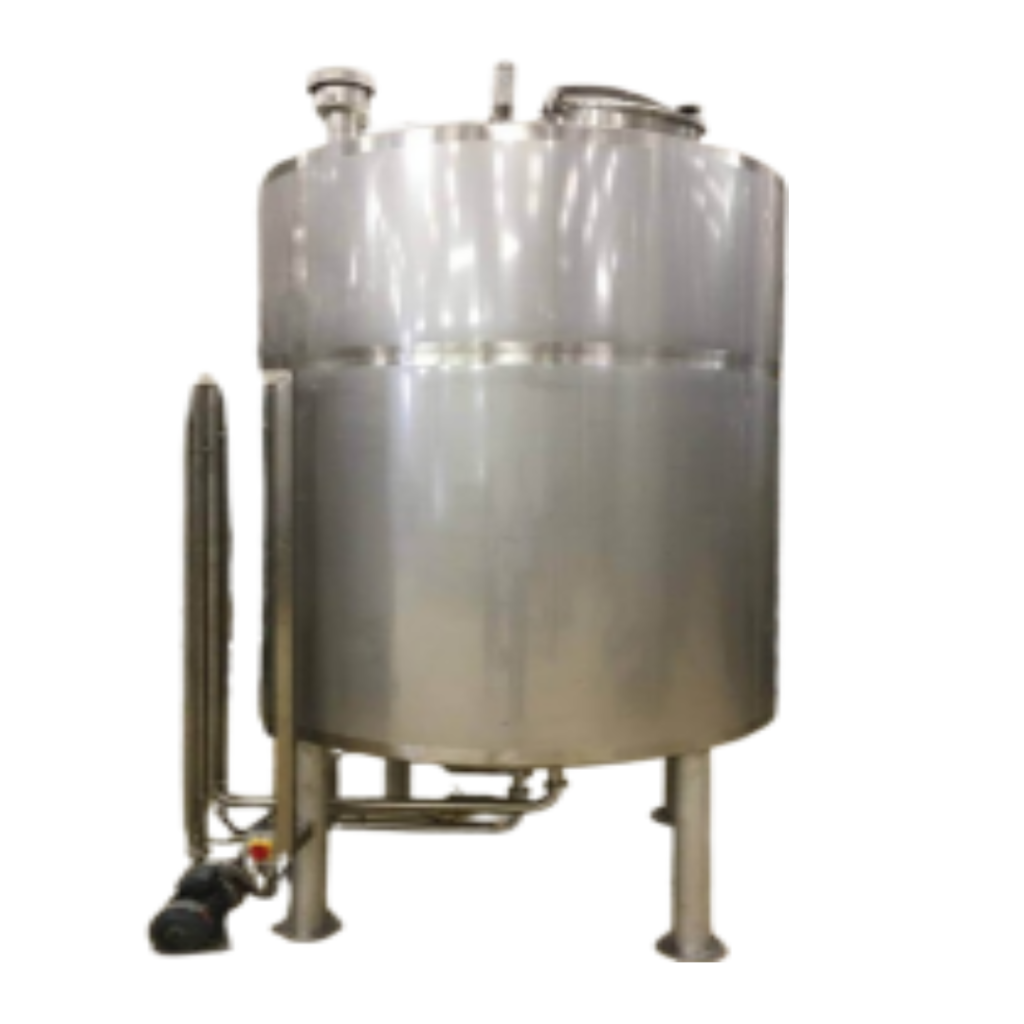What is a Bioreactor and How Does it Work?
What is a Bioreactor and How Does it Work?
Bioreactors/Fermenters are vital components in the world of biotechnology, playing a crucial role in various industrial and research applications. These sophisticated devices provide a controlled environment for biological processes to take place, such as fermentation and cell growth. In this blog, we’ll explore what a bioreactor is, its types, functions, and applications, and how it operates. We’ll also touch upon bioreactor advantages and provide insights into choosing a fermenter manufacturer in India.
Principle of Bioreactor:
A bioreactor is essentially a vessel that provides a controlled environment for biochemical processes. The bioreactor principle involves maintaining optimal conditions such as temperature, pH, oxygen levels, and agitation to support the growth of microorganisms or cells and facilitate chemical reactions. By controlling these variables, a bioreactor ensures that the biological processes occur efficiently and consistently.
Types of Bioreactor:
Bioreactors come in various types, each designed to meet specific needs depending on the application. Some common bioreactor types include:
- Stirred Tank Bioreactors: Equipped with an agitator to mix the contents and ensure uniform conditions, these are widely used for microbial fermentation and cell culture.
- Airlift Bioreactors: Utilize gas to circulate the medium, making them suitable for cultures that are sensitive to shear stress.
- Packed Bed Bioreactors: Feature a packed bed of immobilized cells or enzymes, ideal for continuous processes and high-density cell cultures.
- Membrane Bioreactors: Incorporate a membrane to separate cells from the medium, enhancing efficiency in wastewater treatment and bioprocessing.
Bioreactor Membrane
The bioreactor membrane is a crucial component in certain bioreactor designs. It acts as a barrier to separate different phases or components within the bioreactor. In membrane bioreactors, this membrane facilitates the filtration of by-products and cells, improving the overall efficiency and purity of the process. This type of bioreactor is particularly useful in applications such as wastewater treatment and advanced bioprocessing.
Bioreactor Fermentation
One of the primary uses of bioreactors is in fermentation. Bioreactor fermentation involves the cultivation of microorganisms to produce desired products, such as antibiotics, enzymes, or biofuels. The bioreactor provides the necessary environment for microorganisms to grow and metabolize substrates, leading to the production of these valuable compounds.
Function and Advantages of Bioreactor:
The function of a bioreactor is to create and maintain an optimal environment for biological processes. This involves:
- Temperature Control: Ensures that the biological reactions occur at the desired temperature for maximum efficiency.
- pH Control: Maintains the pH at an optimal level to support the growth and activity of microorganisms or cells.
- Oxygen Supply: Provides adequate oxygen levels to support aerobic processes and cell respiration.
- Agitation: Mixes the contents to ensure uniformity and prevent clumping or settling.
The bioreactor advantages include increased efficiency, scalability, and reproducibility of biological processes. By providing precise control over the conditions, bioreactors enhance the productivity and consistency of the desired outcomes, making them indispensable in both research and industrial applications.
Uses and Application of Bioreactor:
Bioreactors are used in a wide range of applications, including:
- Pharmaceutical Production: For the manufacture of antibiotics, vaccines, and other drugs.
- Biochemical Production: In the creation of enzymes, biofuels, and other biochemicals.
- Wastewater Treatment: Using membrane bioreactors to treat and purify wastewater.
- Cell Culture: Supporting the growth of cells for research, therapy, and vaccine development.
Choosing a Top Fermenter Manufacturers in India
When selecting a fermenter manufacturer in India, it’s essential to choose a company with a strong reputation and expertise like Instech Pharma in bioreactor technology. Look for manufacturers that offer high-quality equipment, robust support, and custom solutions tailored to your specific needs. A reliable manufacturer will ensure that you receive a bioreactor that meets your requirements and delivers optimal performance.
Conclusion
Bioreactors are integral to various industries and research fields, providing a controlled environment for fermentation and other biological processes. Understanding the different types of bioreactors, their functions, and their advantages helps in selecting the right equipment for your needs. Whether you’re interested in bioreactor applications for pharmaceutical production, wastewater treatment, or cell culture, choosing the right bioreactor and manufacturer is crucial for achieving successful outcomes.

